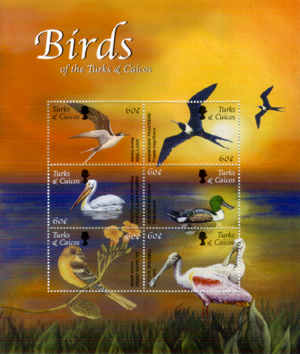In the past decade, many studies have implicated a class of pesticides known as “neonicotinoids” in the declines of pollinator populations, including bumble bees and honey bees. The toxic impact that these chemicals may be having on bees and other insects has brought them the most attention recently, and rightly so; one-third of the U.S. diet depends on pollinator services and they contribute over $15 billion to the U.S. agricultural economy. Pollinator losses represent a serious threat to the agricultural industry and our nation’s food security. First introduced in the 1990s in response to widespread pest resistance as well as public health objections to older pesticides, the neonicotinoid class of insecticides are now the most widely used insecticides in the world; it is difficult to find pest control commodities that do not contain one or several of these chemicals. The environmental persistence of neonicotinoids, their propensity for runoff and for groundwater infiltration, and their cumulative effects on invertebrates raise environmental concerns that go well beyond bees. A new American Bird Conservancy commissioned report by toxicologist Pierre Mineau reviews the effects on avian species and on the aquatic systems on which they depend. Larger ecosystem impacts and the relationship between neonicotinoids and alarming declines of birds, bees, and other organisms will be addressed.
Severe losses in critical pollinator species continue to have crippling effects on our nation’s agricultural economy. Experts will address the impact of neonicotinoid pesticides on birds, bees, and other beneficial invertebrates as well as broader ecosystem concerns, along with how Congress might be able to fix the problems. Speakers:
• Pierre Mineau, Toxicologist
• Scott Hoffman Black, Xerces Society for Invertebrate Conservation, IUCN Butterfly Specialist Group
• Steve Ellis, Commercial Beekeeper, Old Mill Honey Company (California and Minnesota)
• Peter Jenkins, Attorney, Consultant Center for Food Safety
Moderator:
• Cynthia Palmer, American Bird Conservancy
WHAT: Congressional briefing and expert testimony about the toxic effects of neonicotinoid pesticides and their impact on birds, bees, and other wildlife
WHO: A panel of leaders in the science, wildlife, agriculture and beekeeping communities will brief Congressional staff
WHEN: Tuesday, March 19th — 10:00 to 11:00 a.m. EST
WHERE: EPW Committee Room, 406 Dirksen Senate Office Building, Washington, DC
RSVP: Stephanie von Blackwood at svonblackwood@abcbirds.org or 202-234-7181

- Login om te reageren
